My sincere thanks go to the outstanding team at Adams Media for their vision and support with a special tip of the hat to Kate Epstein, for her steady command and comic relief.
I am most grateful to the heroes in my life who encourage and enable me to do the work I love: my fiercely supportive parents, siblings, children, and grandchildren; my mentor and pal, Richard Krevolin; my dearest friend, Judy Sebille; and my devoted husband, T.N. Trudeau.

Introduction
Conscience is the root of all true courage.
James Freeman Clarke
Many years ago, in my ninth grade social studies class, my classmates and I were given an assignment to write an essay entitled, What Is Courage? The next day, a few of the essays were read out loud in class, and then we debated the meaning of courage. Even the teacher was surprised at the many different definitions and examples of courage that we discussed. The one thing we all agreed upon was that courage comes from within that it is conscience giving rise to positive action.
Since then, I've learned much more about courage from many people whose brave deeds and heroic lives have provided innumerable lessons on the depth and breadth of courage. Some I've been privileged to know like my grandfather, Frank Baum, a highly decorated veteran of three wars who went on to fight, and win, his own personal war with post-traumatic-stress-related alcoholism. I've never met many of the heroes who've influenced and inspired my life. Only a few are celebrated icons, like Katharine Hepburn, Jimmy Carter, and Martin Luther King Jr. Most are unsung, everyday heroes like the child from the ghetto who rises above it; the brokenhearted widow who dares to love again; the senior who braves the wild, wild Internet; and the firefighter who rescues a family from their burning home.
But my greatest lessons in courage began in 1994, more than three decades after my introduction to courage in my ninth grade social studies class. This time my teacher was my then eighteen-year-old son, Mickey. Nine years later, he continues to teach me the true meaning of courage, in all its manifestations, every day.
Shortly after graduating from high school and just days before he was to begin his freshman year of college, Mickey sustained a serious brain injury that nearly killed him and that ended his life as he'd known it and the life he'd planned. Although his intellect remained intact, he lost virtually everything else his mental and physical health, his friends, his independence, his dignity, his hopes, his dreams all trapped in a cacophony of confusion, depression, anxiety, and, at times, psychosis. He could no longer work or go to school, play basketball or his guitar, drive a car or hold a conversation, read, watch television, or even hug. Over the course of six years, he spent a total of thirty-four months, nearly three years, in hospitals and residential rehabilitation facilities, growing increasingly sicker and more isolated, subjected to the rejection, poverty, and humiliating treatment so often experienced by people with severe neurobiological disorders.
And yet, he persevered. He never gave in or gave up. He tried unceasingly to find his way back, to focus his tormented mind, to understand his illness, to be self-reliant, to be useful, to be kind. He tried treatment after treatment, even though none were effective, many made him worse, and most caused horrific side effects. And after five years of steady decline with no relief, when he felt that he could try no more and wanted only to be released from his living hell, he hung in there and agreed to try one last, very risky course of treatment.
Within days of starting the new medication, Mickey started to improve. Two weeks later, he smiled, hugged me, and played his beloved guitar for the first time in years. Three months later he was released from the hospital and began the daunting task of rebuilding his life. One of the first things he did was to enroll in his first college class. He aced it. Three years later, he continues to attend college part-time, to live independently, and to make steady progress toward his goals.
Mickey's journey to recovery isn't over and it still isn't easy; it probably never will be. He says that's okay, that he's just grateful for the opportunity to one day live a productive and meaningful life, to maybe have a family someday, to be a good person.He says that he's lucky. I say he's courageous.
In this special collection, we share the amazing stories of several extraordinary, ordinary heroes. I hope they will inspire you just as my son, Mickey Hansen Jr., has inspired me to let your conscience be your comfort, your guide, and your strength.
Colleen Sell

Something More
The Australian summer sun beats on the thirsty bush. It burns my legs through the windscreen as I rattle over deeply corrugated dirt roads. It is mid-January in the central highlands of Tasmania, and I am here alone, recently single, recently in my thirties, and in need of physical and spiritual challenge. Over the next four weeks I will go into some of the remotest areas of the state, to walk and camp in the wilderness. In a few days I will join a handful of others on an eleven-day rafting trip down 125 kilometers (approximately 80 miles) of the Franklin River, in the inaccessible wilderness of Tasmania's southwest. But right now, this adventurer fears she may be lost. I long for the sight of a paved road.

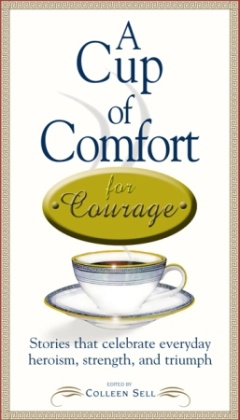
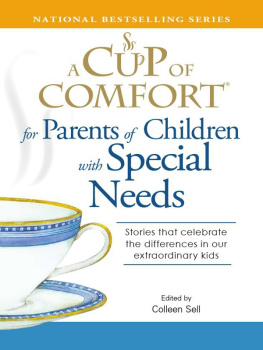

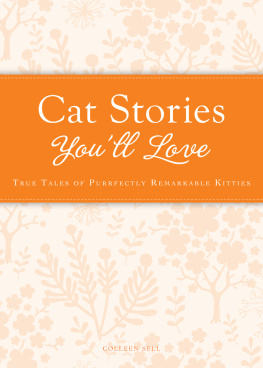
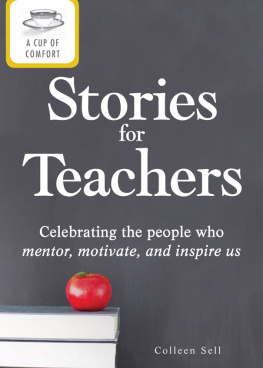

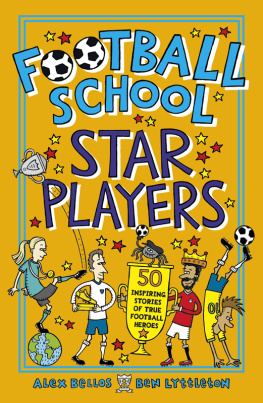
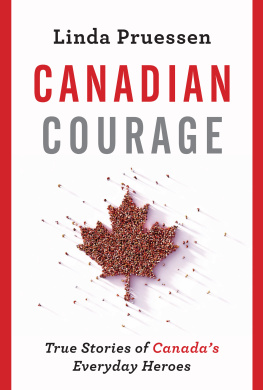
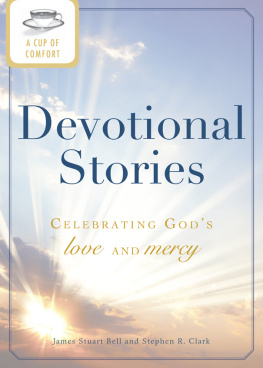
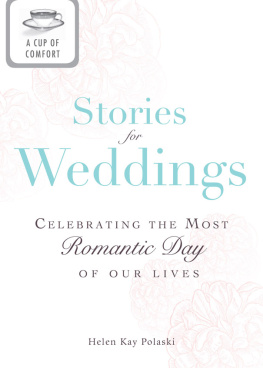
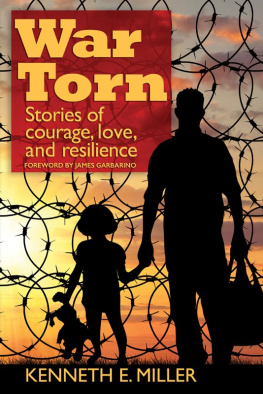
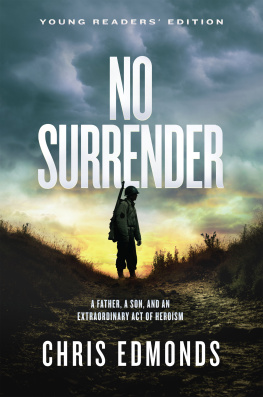
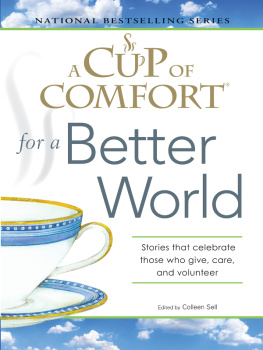



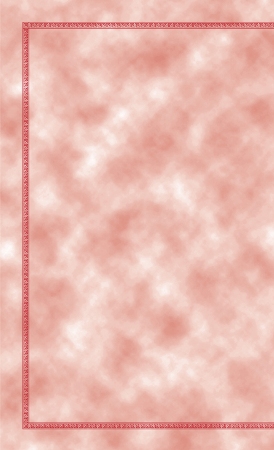
 Acknowledgments
Acknowledgments